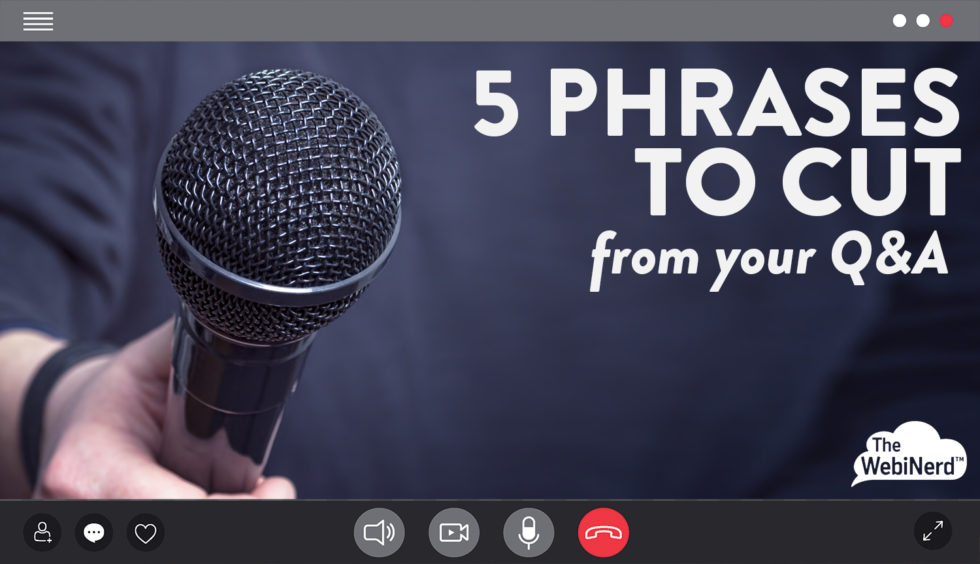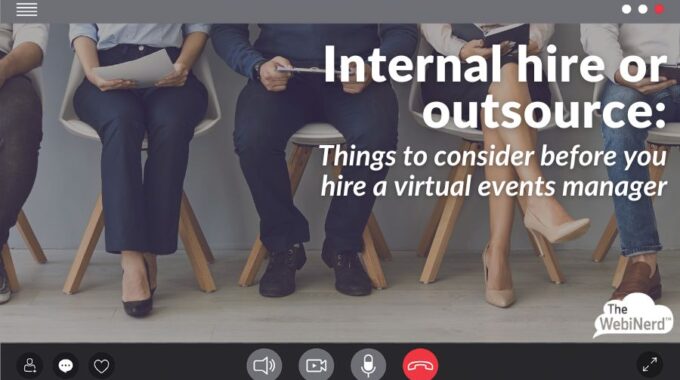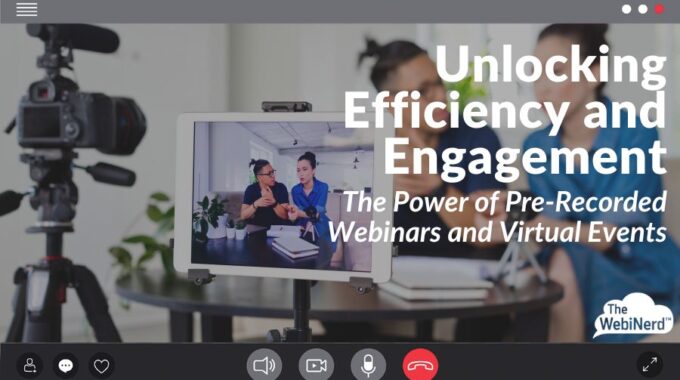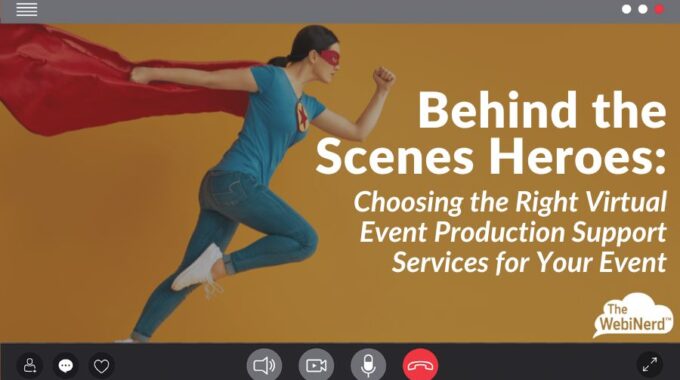Understand the risks associated with hiring an in-house virtual events manager and the benefits that…
5 phrases to cut from your Q&A
Have you noticed you can often anticipate what people are going to say? It probably happens to you all day long whether it’s your child sitting down to their school work and immediately asking “Mom?” and knowing they want a snack, or joining a client kick-off call on Zoom and hearing yourself say “That’s a great question, Debra.” It’s because conversation or public speaking typically follows a routine and familiar cadence.
Filler words and verbal tics are completely learned and contagious behaviors and incredibly common. We do it because people are uncomfortable with silence – it’s basic psychology and it can run away on you if it’s unchecked.
We’ve outlined a few of the most common examples we see when working with client Q&A panels, and offered our tips on how to avoid using them or replace with something more useful and engaging. We want to see you be a commanding force in presentations and panels, and a welcoming voice in your daily conversations.
1. “Good Question”
Your audience should be able to trust all of the questions that you incorporate into your Q&A are flippin’ awesome. If you’re struggling during your Q&A panels we need to take a step back and work on planning and moderation.
I met Kristin Link via a mutual client while working on a project and have been following her tips on LinkedIn. Kristin offers this advice in response to the infamous phrase “That’s a good question.”
- Answer, don’t evaluate. Remind yourself that you’re there to answer questions, not evaluate them. [No one asked you about the quality of the question. If it was a bad question, would you say that too?]
- Give yourself time to think. Say the word “pause” to yourself instead… [I would even go as far as to say, “let me think about that for a moment” or “ya, let’s consider that a moment.” It’s far more effective and shows you value the question.]
- Repeat. Repeat the question back to the asker to give yourself time to formulate your answer. [This is a crucial Active Listening technique.]
2. “Here’s a question from the audience”
This one may actually have the opposite effect than you intend. It actually makes me presume that the question is canned and not from the audience at all. Toss this statement out. Further, if the question is canned, why are you using filler words when you know it’s coming? Jump on that question with grace and aplomb. Rehearse these cues in preparation sessions.
3. “We’ll save time for questions at the end”
Why are you waiting to the end of the session to answer questions? As soon as you start answering questions, more questions will roll in. We highly recommend segmenting your presentation to address questions at a few key points.
Consider the following benefits:
- Questions are answered more timely and while on topic
- You’ll get more questions and be able to choose from more variety
- Your audience will be more engaged with your entire presentation
4. “Questions are private and anonymous”
If you were gathered in person with your audience, they would be able to see who is asking the question. They may even be wearing a nametag. If your audience and event don’t require careful attention to privacy concerns, there are huge benefits to letting audience members see one another’s questions. It reduces repeat questions, may allow for upvoting or threaded comments and allows for the audience members to potentially engage with one another or network.
5. “We have time for one more question”
Are you really going to let your event closing hinge on the quality of the last question? What if it gets a really short answer or just isn’t a “good” question. It’s extra cringe-worthy if you are already over time. Leave yourself a few minutes to provide your guests and moderator a final comment. Don’t forget to deliver your call to action!
4 Statements to Use in Your Q&A Panels
We told you all the things NOT to say and now it’s time to share some of our favorite phrases to use instead and make your panel discussions stand out from the rest.
“Here’s why this is an important question…”
“Let’s really think about that.”
“Interesting! I hadn’t thought of that.”
“I really appreciate this question.”
We’re sure that you can come up with more. Listen to your favorite interviewers on TV or Radio. Try to pick up on how they use their words to guide the story and conversation and see if you can adapt that into your style.
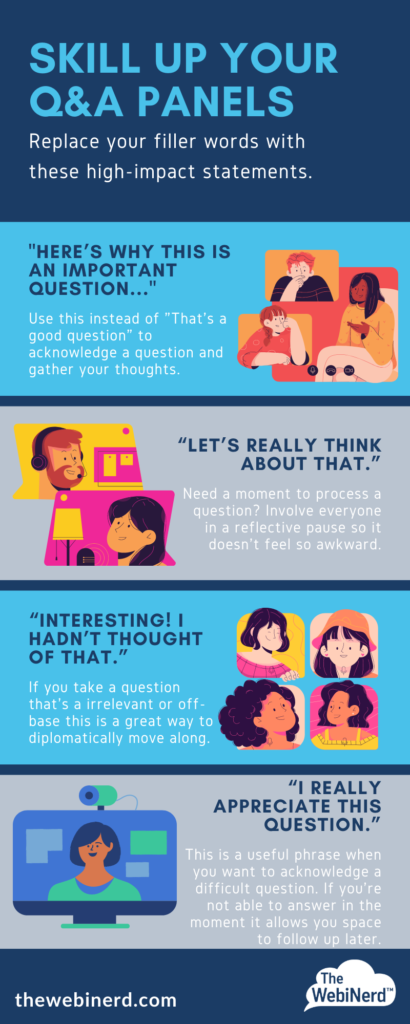
If you want to do more to amplify your online events, we’re here to help. Schedule a free consultation or reach out and let’s do something great together.

